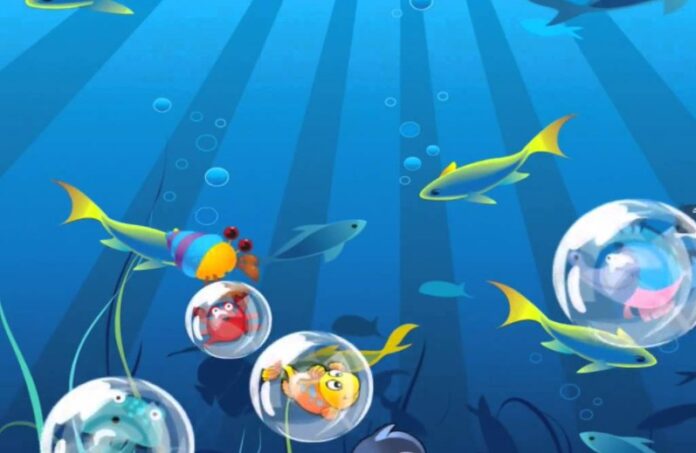Someday you may have a long weekend to fill with your family and wonder, “Where can I find whale watching near me?” At some point, due to human activities, the answer may be “nowhere.” There are a number of whale species that are gravely endangered. Some are still recovering from hunting activities of the 19th and early 20th centuries. However, even some species that have never been heavily hunted are imperiled due to pollution or climate change.
The fact is that the entire ocean is in danger, which has implications not only for marine life but for every living thing on earth. It is a huge problem, but the situation is not necessarily hopeless. There are things that you and your family can do to protect the ocean and the creatures that live beneath its surface.
1. Educate Yourself
There are many ways that you and your family can learn more about the ocean, such as by visiting museums and reading books. You will learn useful skills like whale identification that you can put into practice when you visit the ocean. Not only that, but you will be able to speak accurately about the issues facing the ocean and marine life.
2. Use Less Plastic
Every year, eight million tons of plastic find their way into the ocean. Plastic isn’t biodegradable, so any items that get dumped in the ocean stay there indefinitely, posing a severe risk in marine life. You can help by cutting down on the single-use plastic that your family uses, which includes items such as drinking straws, plastic bags, and take-out containers.
3. Check Labels
Unsustainable fishing practices combined with high demand causes a rapid decrease in the global fish populations. Check the labels of any seafood that you buy for the logos of the Aquaculture Stewardship Council or the Marine Stewardship Council. This verifies that the fish inside came from farms and fisheries managed sustainably. You can recognize the logos by their green and blue fish designs. Don’t forget to check the labels of your pet’s food as well.
4. Reduce Your Carbon Footprint
Burning fossil fuels to create energy causes excess heat. Ninety percent of that heat has been absorbed by the ocean, the waters of which are much warmer as a result. By reducing your carbon footprint, you help to create less excess heat. As a bonus, you also cut down on your own utility bills. Here are some ways to reduce your carbon footprint:
- Use alternative energy sources, such as solar or wind power
- Travel to work or school on foot or by bike
- Adjust your thermostat appropriately for the season (e.g., lower in winter, higher in summer)
- Turn off the lights when you leave a room
5. Speak Out
Real change requires everyone to do their part, not only individuals and families but businesses and governments as well. Contact your representatives in Congress to tell them about the importance of protecting the oceans. Don’t patronize companies that engage in business practices that are hostile to marine life.
By doing what you can and encouraging the same of others, you can have a positive effect on marine life. You can feel proud during your future San Diego boat cruises on the ocean knowing that you are helping to preserve this precious natural resource.


